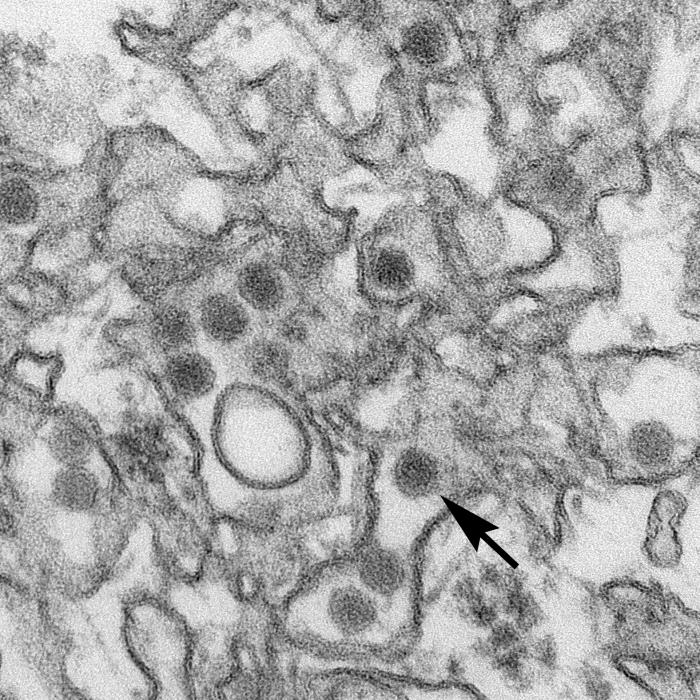In Jan. 2016, the Dallas County Health and Human Services (DCHHS) investigated a male-to-male sexual transmission of Zika virus. The description of the case is published in the latest Morbidity and Mortality Weekly Report (MMWR).

According to the report, one half of the gay couple traveled to Venezuela fro one week. He developed classic symptoms of Zika virus infection.
Upon return, he had sexual relations (anal sex) with his monogamous partner without the use of protection.
About a week later, the partner that did not travel outside the country developed a subjective fever, myalgia, headache, lethargy, and malaise; a few days later, he developed a slightly pruritic rash on his torso and arms, small joint arthritis of his hands and feet, and conjunctivitis. All symptoms resolved after 1 week.
The laboratory investigation revealed the Sera from both patients demonstrated positive immunoglobulin M (IgM) responses by capture ELISA for Zika virus and dengue virus, but not for chikungunya virus.
Plaque-reduction neutralization tests indicated that the partner that traveled had been infected with Zika virus, dengue virus serotype 1, or both, but that partner who did not travel had been infected only with Zika virus.
Urine and saliva specimens on both men were negative for Zika virus by RT-PCR. Semen testing with the same method was equivocal for the first patient and negative for his partner.
Although Dallas is within the geographic range of the Zika virus mosquito vectors Aedes aegypti and Ae. albopictus, seasonal winter temperatures in the area during the week of the traveler’s return were not permissive for Aedes activity, thus ruling out mosquito borne transmission for the non-traveling partner.
Related:
- Zika travel notice issued for St. Lucia
- CDC concludes: Zika causes microcephaly
- Puerto Rico reports additional Zika cases in pregnant women, Health plans required to provide for contraception


3 thoughts on “Zika virus: Male-to-male sexual transmission documented”